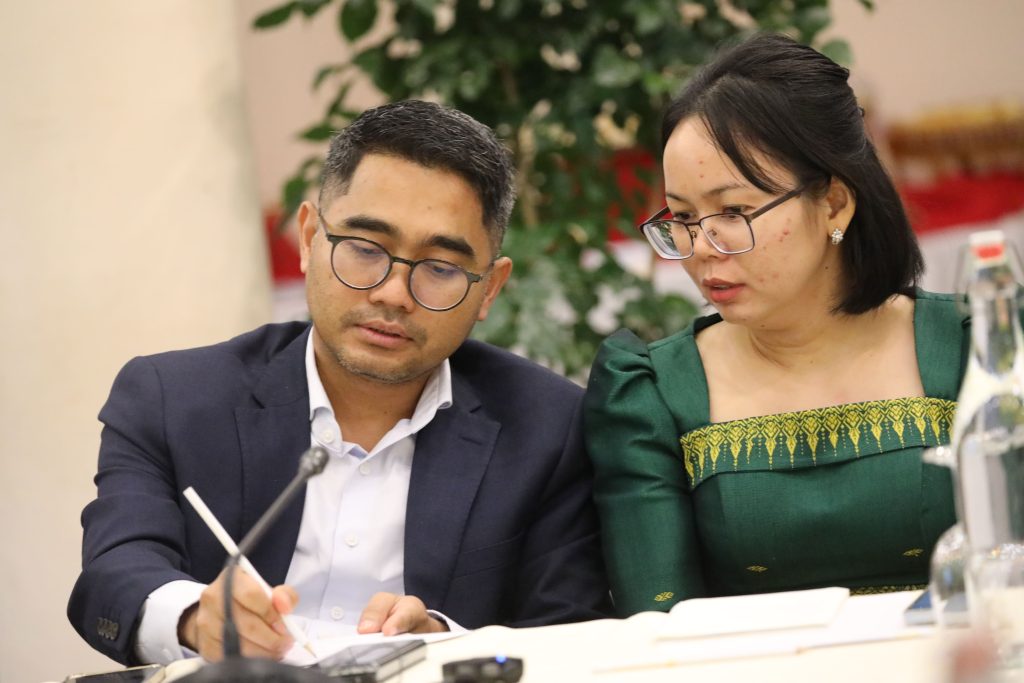
“Failure is success if we learn from it”*. This mantra has been a driving force behind City Cancer Challenge’s (C/Can) innovative approach to developing and implementing local cancer care solutions since the outset, and we remain committed to a learning agenda to inform the planning of activities, processes and operations to ensure that we are able to deliver lasting impact in cities.
Sharing what we learn in C/Can cities and how we plan to apply these insights is also part of our commitment to a culture of openness, collaboration and collective learning with our city stakeholders and partners. Through a series of blog stories over the next few months we will be taking a deeper dive into four of our core areas of learning:
Story 1. Bringing Value
Responding to the needs of those most affected by cancer is one of C/Can’s core guiding principles. In this story, we will reflect on the importance of a city-led, evidence-based approach that integrates the perspectives of all key stakeholders including government, cancer care facilities, health professionals, civil society, patients, and academia. In particular, we will highlight the importance of good quality data to help us assess whether “the right things have been done” to address priority cancer care needs identified by the city.
“We have managed to get representatives from the public and private sectors, along with NGOs, to sit down at the same table to assess and discuss their main needs in relation to tackling cancer in the city of Asunción.” Dr Angelica Samudio, Chief of Paediatric Hematology-Oncology Unit at Hospital de Clinicas of the National University of Asunción (UNA).
Story 2. Working “smarter”
We value the trust and confidence placed in us by our city stakeholders and partners, and are constantly striving to ensure that C/Can’s operations and activities are ‘smart’ – that we work closely with our network of partners and experts to deploy our resources efficiently, and build on our experience in C/Can’s first cities (Cali, Asuncion, Yangon, Kumasi, Kigali, Porto Alegre and Tbilisi) to improve the quality, timeliness and value for money of our city process. In this story we will explore what we have found to be the main challenges, and key drivers of success in C/Can’s city engagement process, and how we are using these insights to scale our model.
“Implementing the City Cancer Challenge in Cali has yielded several learnings including the importance of strengthening governance and human capacity building, promoting multi-stakeholder collaboration, and improving the quality of care as well as information systems.” Nelson Sinisterra, Health Secretary of Cali, Colombia
Story 3. Measuring the impact
Using a clear metrics framework to track and report our progress and impact in C/Can cities is a priority. In this story, we will reflect on what has been achieved in 2019, with focus on the delivery of a core set of short-term outputs towards improving the quality of cancer care infrastructure and services, and the capacity of healthcare professionals. The processes, protocols, and guidelines developed through technical assistance have created solid foundations for cancer care that once in place are likely to have a lasting effect, particularly in the areas of pathology and multidisciplinary care.
“C/Can is transforming the burden of cancer into new beginnings and new possibilities in life not only for patients, but also for communities and their healthcare systems.“ Beatriz Hornburg, Centre of Anatomical Pathology Diagnosis (CEDAP) and Pathologist sponsored by the American Society for Clinical Pathology.
Story 4. Fostering sustainability
Concrete, long-term impact can only be achieved if cities are able to sustain actions over time, and beyond the 2-year timeframe of C/Can’s direct support. Evaluating whether results are likely to last is a question we are asking from day one, and revisiting with local stakeholders and partners, throughout the process. In this story we will explore the key principles of C/Can’s emerging sustainability framework and how they contribute to our goal of supporting cities on their path to developing resilient, robust health systems for cancer care. We want to ensure that C/Can cities can successfully transition from C/Can’s financial and organisational support to local ownership and accountability, and continue scaling-up cancer care efforts for lasting impact.
Stay tuned for the first story in the series coming up later this month.
Rebecca Morton Doherty
Head of Policy and Global Impact, City Cancer Challenge
* Malcolm Forbes





